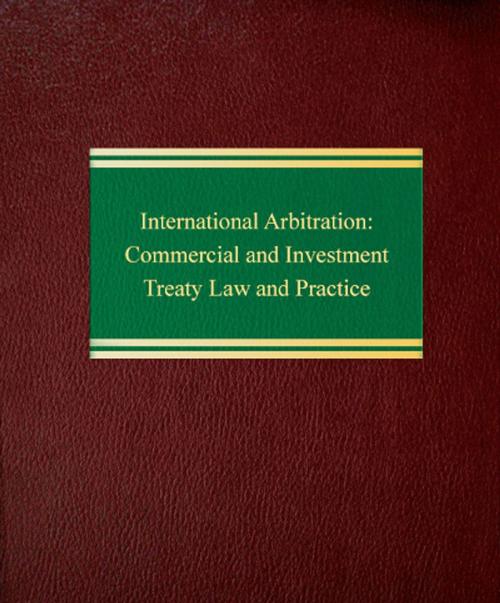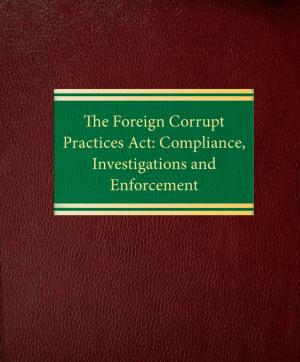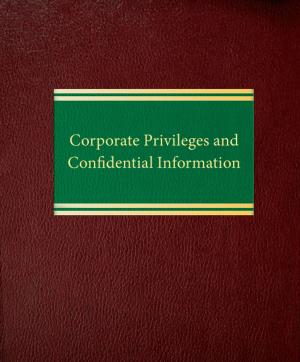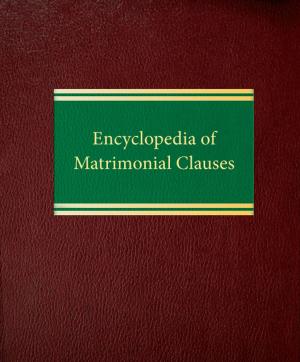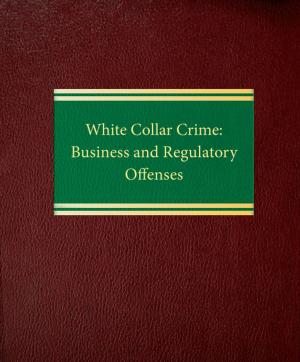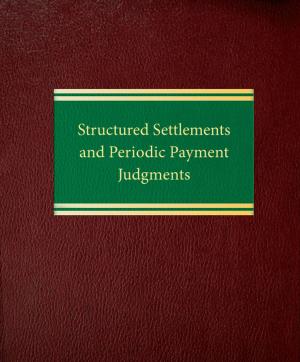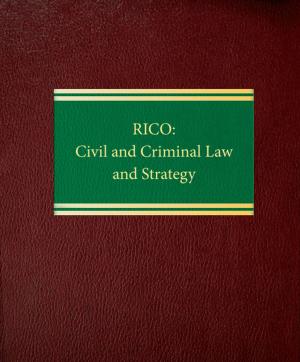International Arbitration: Commercial and Investment Treaty Law and Practice
Nonfiction, Reference & Language, Law, Arbitration, Negotiation, & Mediation, Commercial, International| Author: | Elliot E. Polebaum | ISBN: | 9781588523921 |
| Publisher: | Law Journal Press | Publication: | June 28, 2016 |
| Imprint: | Law Journal Press | Language: | English |
| Author: | Elliot E. Polebaum |
| ISBN: | 9781588523921 |
| Publisher: | Law Journal Press |
| Publication: | June 28, 2016 |
| Imprint: | Law Journal Press |
| Language: | English |
For international business transactions, international arbitration is the dispute resolution mechanism of choice. While not without room for improvement, international commercial arbitration offers distinct advantages over litigating in the public courts of one’s counterparty, including a neutral forum, control over the selection of arbitrators, and a final, enforceable and transportable award. Other advantages include relative confidentiality and the opportunity to tailor the proceedings to the needs of the parties. The book International Arbitration: Commercial and Investment Treaty Law and Practice by Elliot Polebaum explores the different facets and types of international arbitration agreements, including the consequences of what the parties have provided or failed to provide. The book also discusses the different stages of an arbitration proceeding, including initiation of the case, constitution of the tribunal, interim measures, discovery, prehearing submissions, the hearing on the merits, awards, and annulment and enforcement proceedings. The legal framework in which all of this transpires—international conventions, national arbitration laws, arbitration rules, and the business agreement between the parties—is also considered. Additionally, the book takes up the subject of investment treaty arbitration in detail. Foreign investors have a strong preference to resolve their investment disputes with States in a neutral arbitral forum rather than in the State’s own courts. This book addresses the legal framework within which these investment treaty arbitrations take place, including discussion of the terms of investment treaties, and the jurisdiction and procedure of investment treaty arbitrations under the auspices of the International Centre for Settlement of Investment Disputes in particular. The book also explores the substantive grounds of investors’ treaty claims against States, States’ defenses and counterclaims, remedies, and annulment and enforcement of investment awards.
For international business transactions, international arbitration is the dispute resolution mechanism of choice. While not without room for improvement, international commercial arbitration offers distinct advantages over litigating in the public courts of one’s counterparty, including a neutral forum, control over the selection of arbitrators, and a final, enforceable and transportable award. Other advantages include relative confidentiality and the opportunity to tailor the proceedings to the needs of the parties. The book International Arbitration: Commercial and Investment Treaty Law and Practice by Elliot Polebaum explores the different facets and types of international arbitration agreements, including the consequences of what the parties have provided or failed to provide. The book also discusses the different stages of an arbitration proceeding, including initiation of the case, constitution of the tribunal, interim measures, discovery, prehearing submissions, the hearing on the merits, awards, and annulment and enforcement proceedings. The legal framework in which all of this transpires—international conventions, national arbitration laws, arbitration rules, and the business agreement between the parties—is also considered. Additionally, the book takes up the subject of investment treaty arbitration in detail. Foreign investors have a strong preference to resolve their investment disputes with States in a neutral arbitral forum rather than in the State’s own courts. This book addresses the legal framework within which these investment treaty arbitrations take place, including discussion of the terms of investment treaties, and the jurisdiction and procedure of investment treaty arbitrations under the auspices of the International Centre for Settlement of Investment Disputes in particular. The book also explores the substantive grounds of investors’ treaty claims against States, States’ defenses and counterclaims, remedies, and annulment and enforcement of investment awards.
